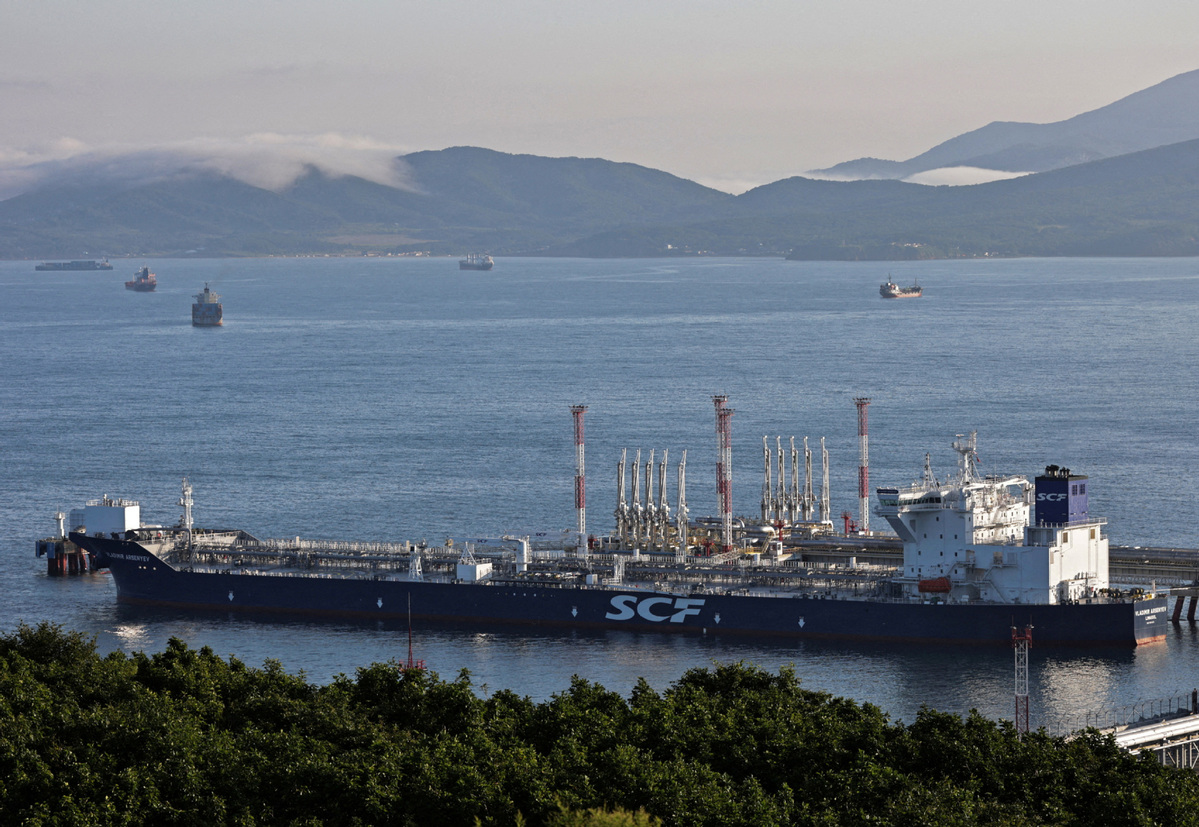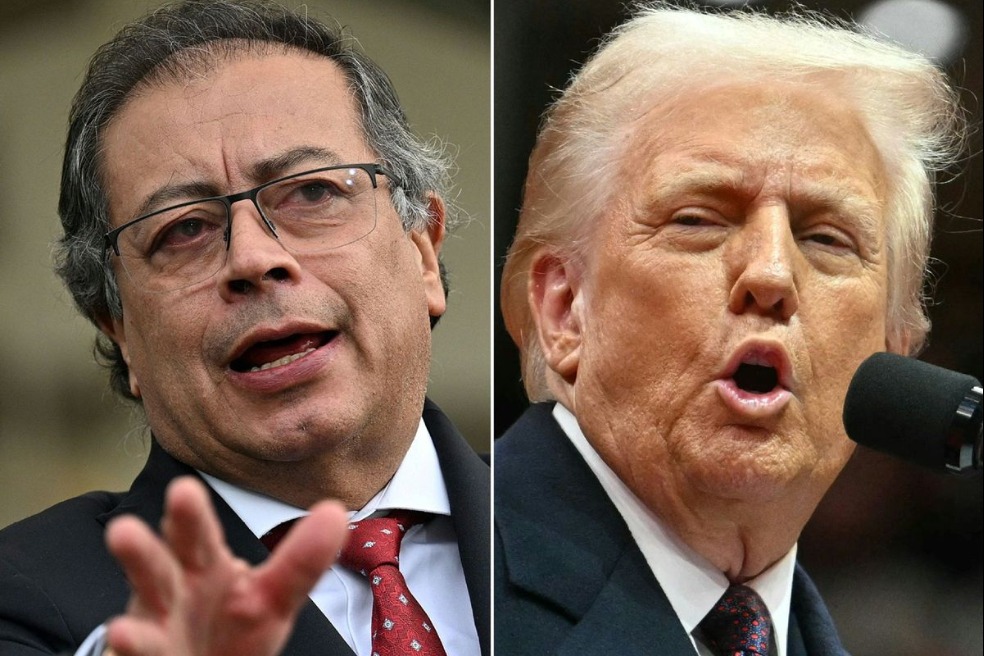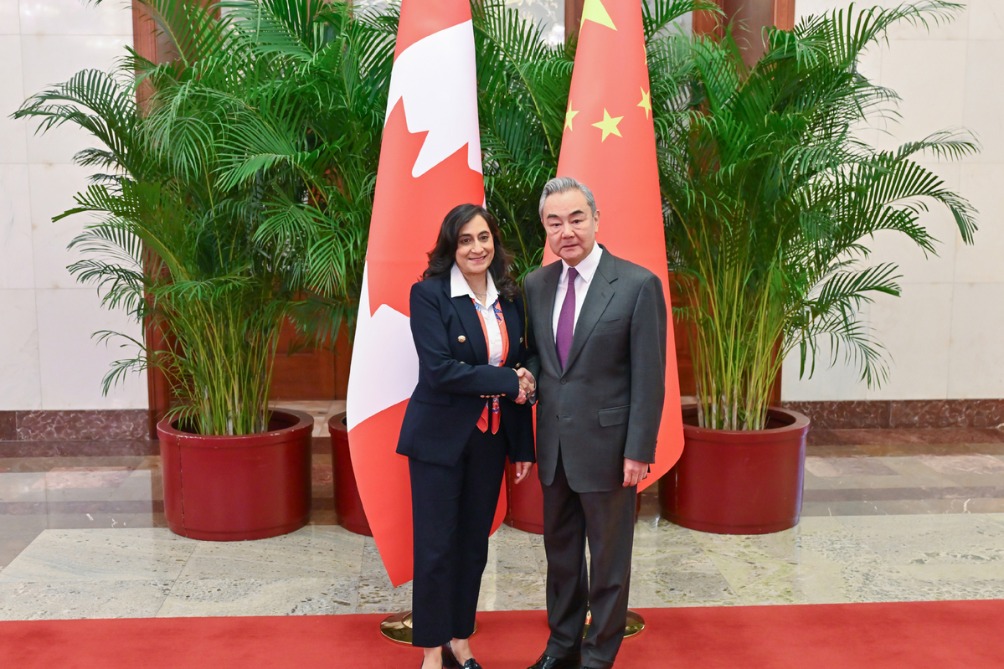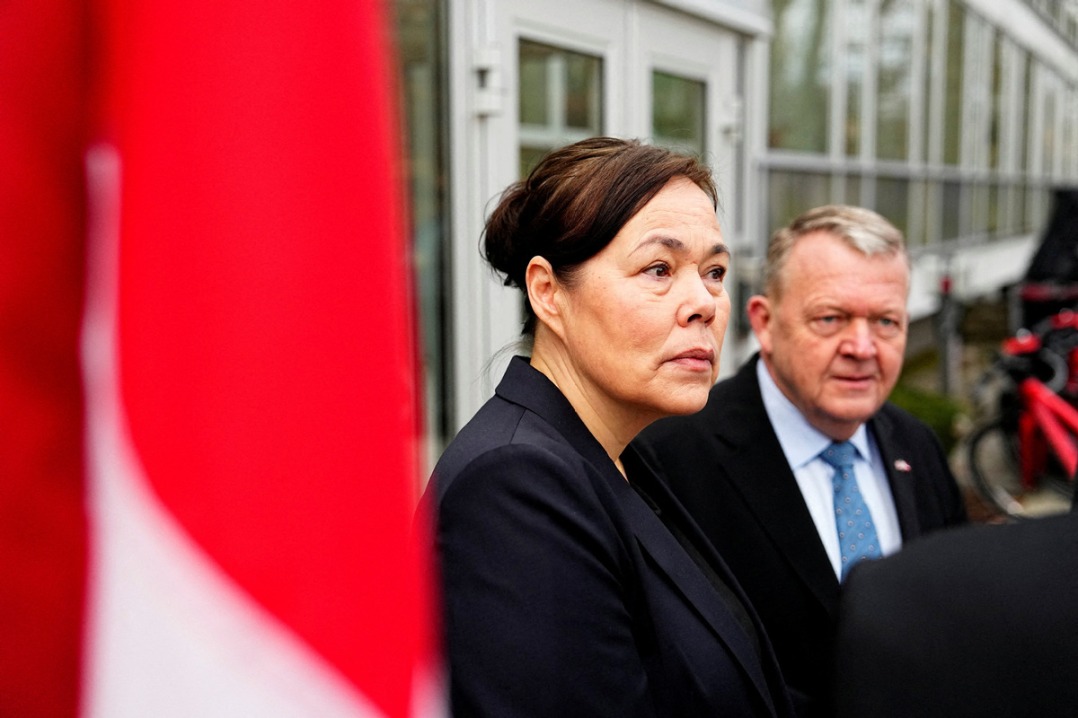G7 set to fail on Russian oil price cap, experts say


Moves by the Group of Seven nations to impose a price cap on Russian oil, possibly taking effect as early as next week, are unlikely to be effective as a means of crippling Russia in its conflict with Ukraine, experts say.
The deadline for the leading industrialized nations to reach a deal on the proposed cap is Monday, when the European Union's own full embargo on purchases of Russian seaborne oil — agreed at the end of May — kicks in. The cap, a softer measure proposed by the G7, is supposed to replace the tougher EU plan to protect global supply and prevent a price surge. But there is disagreement among the 27 EU countries on the level of the cap.
The analysts said oil producers in the Middle East would be concerned that a price cap could empower oil consumers and drive producers to secure alternative market share in Europe. If Russia decides to refrain from selling oil to any country participating in the price cap, it may drive up prices, they added.
Russian Foreign Minister Sergey Lavrov said on Thursday that Moscow, in opposing any price cap, would agree on deals with buyers directly. He also reiterated that Moscow would not supply oil to countries backing a cap, Reuters reported.
Anis Khayati, an economics professor at the College of Business Administration at the University of Bahrain, told China Daily that the proposed cap "seems to be a kind of tactic" to influence the course of Russia's conflict with Ukraine, but he believes the G7 "has goals beyond the political one".
"Economically, selling Russian oil at a lower price will lower prices in the market, which is what the consuming countries ultimately want," said Khayati.
But it would be difficult for the cap to succeed because no one can compensate for the quantities of oil Russia exports to the world and Russian shipments will not stop, as there are still willing buyers.
It has been widely reported that the G7 countries — Canada, France, Germany, Italy, Japan, the United Kingdom and the United States — and representatives of the EU were looking to impose a cap ranging between $65 and $70 per barrel since they announced their plans in September.
But as of Nov 28, Reuters reported that EU members had failed to agree on a price cap on Russian seaborne crude oil. Ukrainian President Volodymyr Zelensky even wants a cap of $30-40 a barrel.
"If the price cap on Russian oil is eventually set by G7 at around $65-70 per barrel, then the impact on flows from major exporters in the Middle East, and global prices for crude in general, would be negligible because the cap would likely be higher than where Russian oil is currently trading," said Trey Cowan, an analyst at the Institute for Energy Economics and Financial Analysis.
OPEC+ to make decision
OPEC+, the group comprising the member countries of the Organization of the Petroleum Exporting Countries and allies including Russia, is set to meet on Sunday. OPEC in October announced it was slashing production to 2 million barrels per day, angering the US.
On Nov 24, the energy ministers of Saudi Arabia and Iraq met in Riyadh and stressed the importance of adhering to the OPEC+ output cuts, but also said they would take further measures if required, to achieve balance and stability in the market, media reported.
Li-Chen Sim, a professor at Khalifa University in the United Arab Emirates, said oil producers in the Middle East "would prefer to see no oil price cap" since such a policy "could empower oil consumers, instead of oil producers in OPEC or OPEC+", in setting oil prices.
Yesar Al-Maleki, an energy expert and Gulf analyst at the Middle East Economic Survey, said the reported proposal of $65-70 per barrel is "counterintuitive to the European and US objective" of reducing the revenue flow to Russia.

































